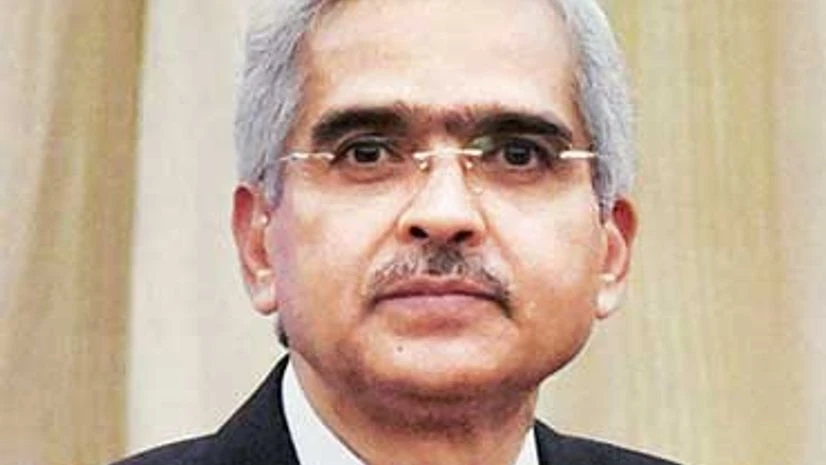Union revenue secretary Shaktikanta Das said the finance ministry would try to improve the Know Your Customer (KYC) rules to give effect to the recommendations of the Special Investigative Team (SIT) on curbing unaccounted money but not ban participatory notes (PNs) "overnight".
He also indicated the Budget for 2016-17, the exercise for which has already started, might further reduce tax ambiguity and uncertainty.
At an Assocham event here, he also said a schedule for phased reduction of corporate taxes from the current 30 per cent to 25 per cent in the next four years, would be soon put for public consultation.
More From This Section
He said the government would consult market participants, including foreign institutional investors (FIIs) and the securities and banking regulators in this regard. One round of discussion had already been held, he said, with both the Securities and Exchange Board of India and the Reserve Bank of India.
He said so on a day when stock markets came under pressure from jittery investors, though the reasons were not P-notes but a falling rupee and weak global markets. The benchmark Sensex closed 323.82 points lower at 27,607.82 points on Thursday.
The markets had seen hectic selling when the SIT recommendations on PNs were made public. Finance minister Arun Jaitley and other officials had then assured no 'knee-jerk reaction' on the instruments, through which unregistered entities invest in Indian markets.
Das reiterated the government effort was to not do anything to harm economic growth. He said recovery was visible, in robust indirect tax collections, falling inflation, indications of containing the fiscal deficit at targeted level and a low current account deficit. However, a persistent fall in exports and low industrial production were worries.
Das said a number of measures were announced in the two budgets of the present regime — for 2014-15 and 2015-16 — to reduce tax ambiguity. The government had appointed a committee of officials to look into any demand on retrospective taxation with fresh liability. It had assured on not using the retro tax in general. Besides, it did away with the minimum alternate tax (MAT) on FIIs from this financial year, though past cases continue. A committee has been appointed to look into the latter, too. The AP Shah committee on levy of MAT on foreign portfolio investors had already given its report.
Das said the current year's budget had addressed the problem of an inverted duty structure in a big way. Hence, he believed two segments, mobile telephones and tablet computers, would see much movement in domestic manufacturing.
Business representatives cited various instances of excesses by tax officials. For instance, one of them said, the same assessees come under scrutiny year after year. Das assured that this problem would be addressed soon, attributing it to a computer-programmed mechanism to detect tax evaders.
He also assured that the new black money law would not be used to harass taxpayers but it had to be stringent, he said, to have a deterrent effect.
On the proposed goods and services tax, he said the government was trying to keep the rates "as reasonable as possible" to ensure success of the new indirect tax regime and better growth.
| No additional excise on fuel |
|
The finance ministry clarified on Thursday that there was no proposal to further raise the excise duty on petrol and diesel. Earlier in the day, a section of the media had reported it was considering such a move. A ministry official also said there was no proposal to impose customs duty on crude oil. The government had raised the excise duty on petrol and diesel in four phases since October last year. |

)
